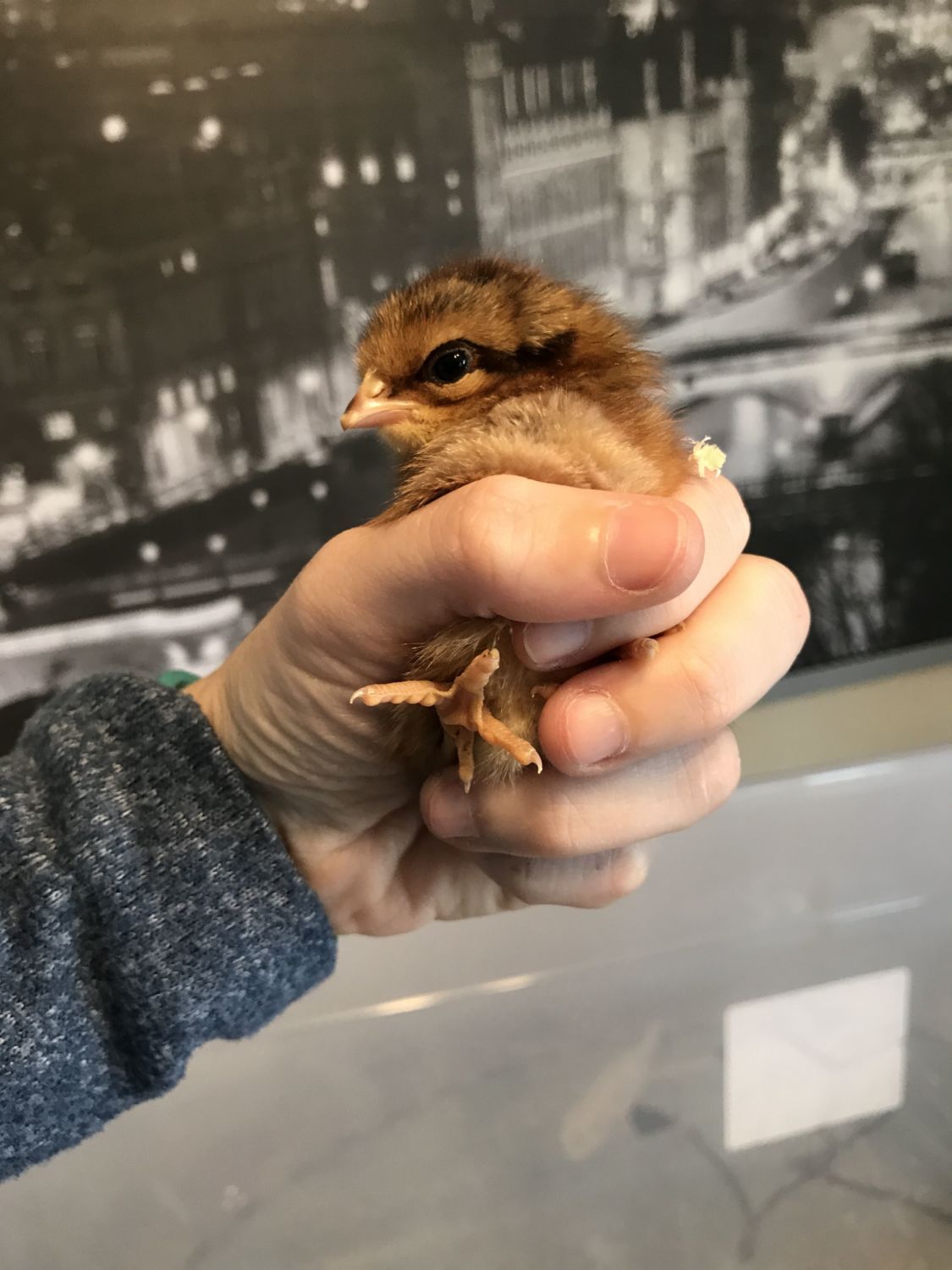................let's start talking Wellies!
Ready, set, GO!
Ready, set, GO!
Last edited:
Follow along with the video below to see how to install our site as a web app on your home screen.
Note: This feature may not be available in some browsers.
Doing research on wellsummers some say they do well in confinement others say no. I will definitely have to raise them confined to many predators in my area not to. Will they be a good confined chicken?

Royce, I never said that it was not a welsummer that she has, I just stated that the color pattern in the photo looks a little off to me, my opinion. Although others have expressed their thoughts also and some have said partridge rock. I don't think it's a partridge rock.
I have been hatching, breeding, selling hatching eggs, chicks, adults for several years now. I had welsummers several years back for about 8 years. I sold out and have started breeding again for about 2 years now. I'm not claiming to be world renowned expert such as yourself, but believe me I do know welsummers.
I am listed on the WCNA breeders list as well as a member. I am NPIP certified and take pride in what I do with my birds. I for one enjoy this thread as well as the WCNA website and their facebook page.
Their laying cycle would be over a period of several months. The first pics I posted (darker ones) are in the fall, the second set around January, the lightest ones from early spring. They usually molt and starts all over again. Mine pretty much or almost stop laying when they molt, lose a ton of feathers and look pretty scraggly to be honest. I was looking for a pic of a hen that molted recently. Sorry I must have deleted it.How long is a laying cycle? So if one were to incubate, then it's not necessary to choose darker (early in the laying cycle) eggs?